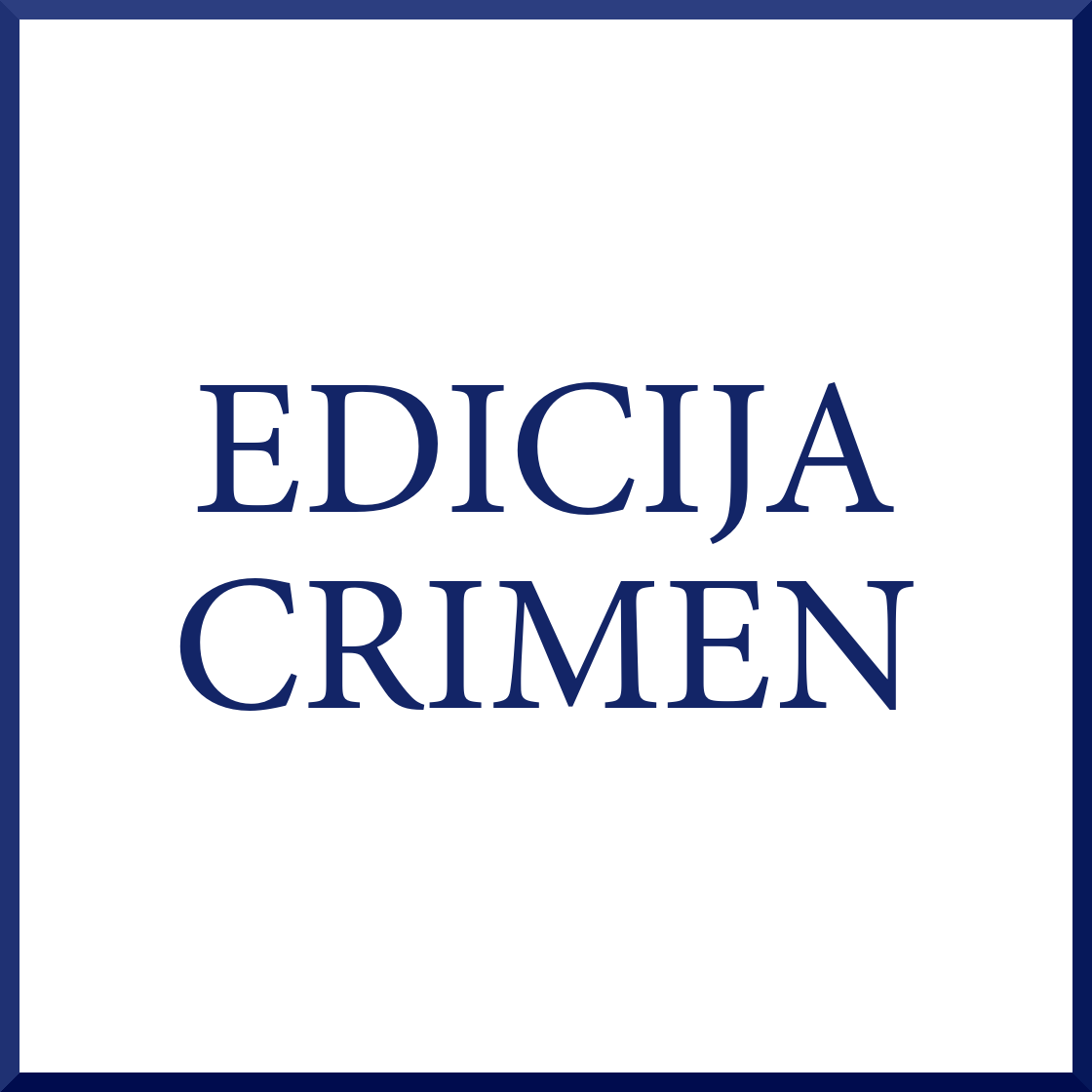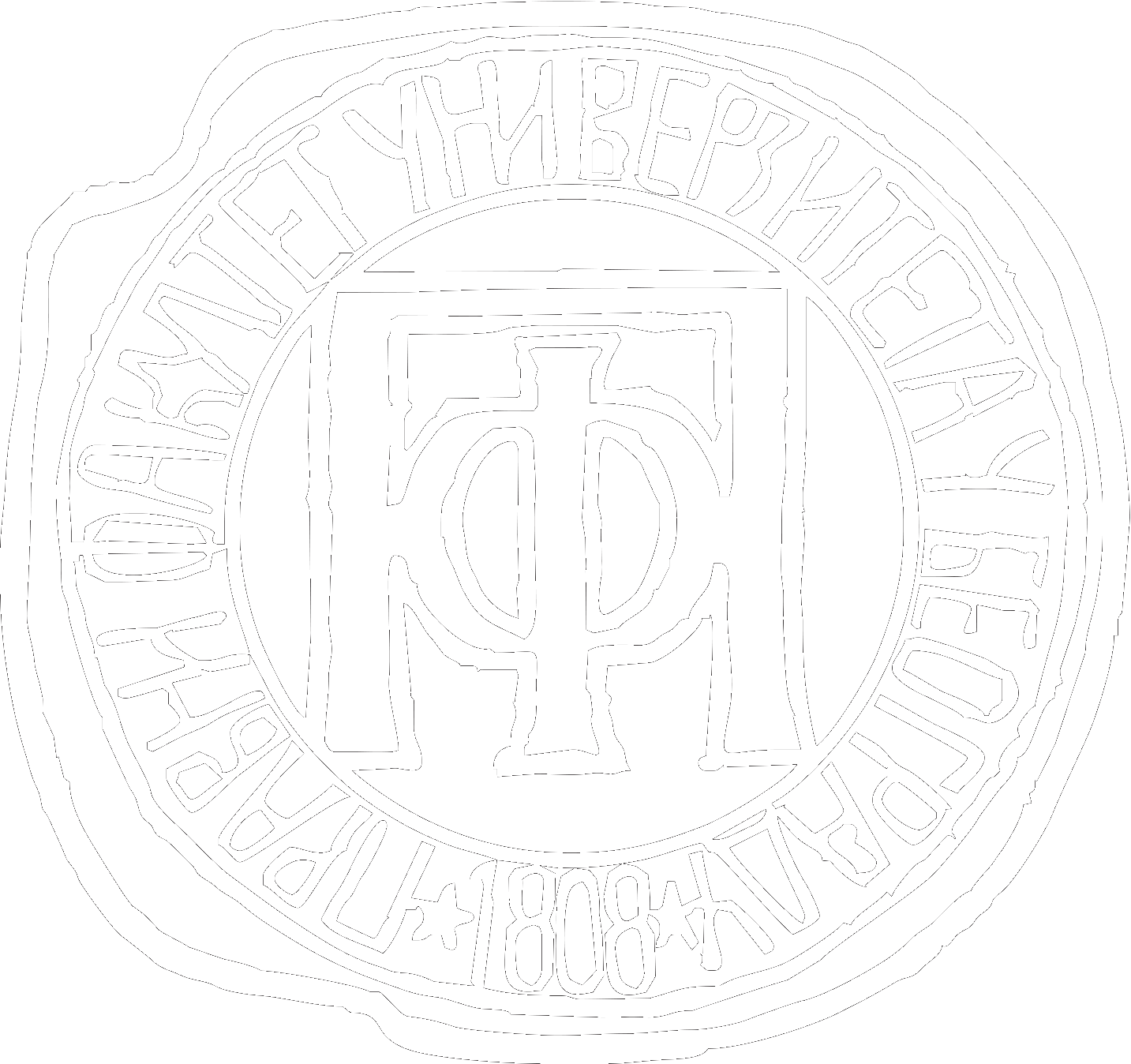Certain contentious issues related to the suspended sentence
DOI:
https://doi.org/10.5937/crimen2003314DKeywords:
non-custodial measure; suspended sentence; criminal sanction; special proceedings; to pronounce/pass/deliver sanctionAbstract
This paper addresses the issue of suspended sentence since it is a criminal sanction frequently applied in Serbia and statutory provisions regulating suspended sentence are also subject to frequent modification which altogether emphasizes the need of its continuous study. Within the general purpose of criminal sanctions, the purpose of a suspended sentence is to avoid imposing the sentence on an offender for a minor offence in cases when it can be reasonably expected that a warning with a threatened sentence shall suffice to prevent the offender from perpetrating other crimes. Suspended sentence can be granted only when the offender has been sentenced to less than two years imprisonment, however, on condition (which was tightened in 2019) that the crime does not fall within the category of criminal offences for which an eight-year prison sentence (before it was 10 years) or longer can be delivered. Subjective reasons due to which suspended sentence cannot be granted have been also extended, so therefore, suspended sentence can be granted only if more than five years have elapsed from the time the judgment became final by which the offender was sentenced either to imprisonment or was pronounced a suspended sentence for a crime with premeditated intent. In view of the fact that a fine is still a form of punishment and, accordingly, a stricter criminal sanction than suspended sentence which is a non-custodial measure meaning a more lenient sanction, it would be quite acceptable if the legislator, as a limiting factor, also envisaged a fine for a crime with premediated intent. As regards a five year term calculated from the finality of judgment, a better solution would be that the period be calculated from the day of the sentence being served, prescribed or the day a pardon has been granted, i.e. from the day when the adherence monitoring period to probation conditions has expired. Furthermore, recently introduced statutory solutions would result in decrease in the number of suspended sentences in criminal sanctions structure. When it comes to suspended sentence supervision order, as it is rarely applied, it is necessary that minimum effort be invested in providing material conditions and human resources for carrying out this sanction which was found to be effective in many countries. A serious omission of legislators is that the Criminal Procedure Code, when defining the institution of hearing for pronouncing a criminal sanction, leaves an option to the public prosecutor to propose passing of a suspended sentence with determining fine, which is contrary to the Criminal Code. This omission should be corrected by giving priority to the Criminal Code i.e. by excluding the option for the public prosecutor to propose such a sanction.
Downloads
References
Bejatović, S. 2013. Pojednostavljene forme postupanja kao bitno obeležje reforme krivičnog procesnog zakonodavstva zemalja regiona. In Pojednostavljene forme postupanja u krivičnim stvarima, Belgrade.
Đokić, I. 2007. "Uslovna osuda." In Stanje kriminaliteta u Srbiji i pravna sredstva reagovanja, I deo, Belgrade.
Đorđević, Đ. 2018. "Kaznena politika sudova u Srbiji – izazovi i mehanizmi unapređenja." In Organizacija pravosuđa i efikasnost sudske zaštite (evropski standardi i stanje u Srbiji) – krivičnopravni aspekt, Zlatibor.
Ignjatović, Đ. 2013. "Normativno uređenje izvršenja vanzavodskih krivičnih sankcija u Srbiji." Crimen, Belgrade.
Ilić, G. P., et al. 2012. Komentar Zakonika o krivičnom postupku. Belgrade.
Maločić, M. 2005. "Uslovna osuda – sužavanje primene." In Nove tendencije u savremenoj nauci krivičnog prava i naše krivično zakonodavstvo, Zlatibor.
Škulić, M. 2007. "Alternative Sanctions, Some Other Measures and Probations in the Criminal Law System of the Republic of Serbia." In Stanje kriminaliteta u Srbiji i pravna sredstva reagovanja, I deo, Belgrade.
Škulić, M. 2011. Maloletničko krivično pravo. Belgrade.
Stevanović, I., and N. Vujičić. 2018. "Rad u javnom interesu i uslovna osuda sa zaštitnim nadzorom u Republici Srbiji i povrat (analiza uspešnosti primene iz ugla istraživača)." Crimen 3, Belgrade.
Stojanović, Z. 1977. "Uslovna osuda u novom Krivičnom zakonu SFRJ." Glasnik advokatske komore Vojvodine 1, Novi Sad.
Stojanović, Z. 2006. Komentar Krivičnog zakonika. Belgrade.
Stojanović, Z. 2015. Krivično pravo opšti deo. Belgrade.
Stojanović, Z. 2020. Komentar Krivičnog zakonika. Belgrade.
Stojanović, Z., M. Škulić, and V. Delibašić. 2018. Osnovi krivičnog prava, Krivično materijalno pravo, Knjiga I. Belgrade.
Stojanović, Z., M. Škulić, and V. Delibašić. 2018. Osnovi krivičnog prava, Krivično procesno pravo, Knjiga II. Belgrade.

Downloads
Published
How to Cite
Issue
Section
License
Copyright (c) 2021 Veljko Delibašić, Tijana Kostić

This work is licensed under a Creative Commons Attribution 4.0 International License.
The authors retain copyright and grant the journal the right of first publication, allowing others to share the work with proper attribution to the authors and acknowledgment of its original publication in this journal.










